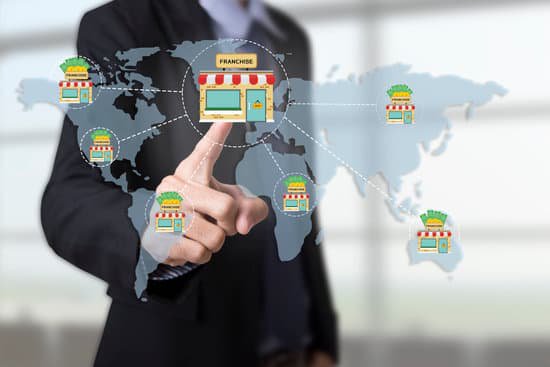
Franchising a business in a recession may make sense for several good reasons, first and foremost of which is this: You can use other people's money to expand your business nationally, even internationally! At a time when it's difficult to borrow money from banks, or to raise money privately or publicly, using other people's money to expand your business may very well be the best reason to franchise your business today. But it can't be the only reason. If it is, you'll likely fail as a franchisor.
Licensees pay upfront fees when they acquire a business, and those fees help businesses expand, along with other money that's invested to start up the business, i.e. to lease a property, to buy equipment, to secure inventory, etc. fees generally range from a few thousand dollars to $50,000 or more. International master license fees typically start at about $75,000 and may be $500,000 or more. These are serious sums of money, for which a recruit expects to receive an opportunity to build a thriving, satisfying enterprise.
So how do you know if you can franchise your business and deliver a thriving, satisfying enterprise opportunity? Here are six points to help you decide:
1. Your existing business must be successful, that is, profitable. Franchising an "idea" isn't such a good idea. That's not to say it hasn't been done successfully, but today's buyers expect to "see it" and "experience it" before they invest in it. If your business isn't profitable, you should first work on making it profitable and do it later.
2. Your business must be replicable. In other words, if it's an exclusive, one-of-a-kind enterprise, you probably can't do it. If you're the only person in the world who can make the business work, it's probably not going to work as a franchise. Most businesses, however, are replicable.
3. Your business must operate by a system. And the system needs to be documented. If your business operates one way today and another way next week, and without rhyme or reason, you're not likely to succeed as a franchisor. Recruits need to know what to do, day by day, step by step, and the system lays that out for them. You may not currently have a documented system for your business, but you will need one before you accept a fee from a recruit.
4. You must be able to transfer the system to recruits and do so quickly and efficiently. As a franchisor, you'll create a training program for your new recruits. The trainer/s will teach recruits how to implement the operating system for the business. Generally, training programs last from five days to six weeks. Training is usually conducted at the franchisor's corporate offices, in a hotel, or at the recruits location. The upfront fee generally covers the cost of training.
5. If an owner/operator needs special education, training or a license to operate your business, that may be problematic, but it doesn't mean you can't franchise. Realtors are licensed and some of their businesses are franchised. Accountants require special education and training and some of their businesses are also. Many businesses require the operator to earn a special license or certificate. The requirement may shrink your marketing pool, but it may also make it easier to sell franchises. For example, plumbing franchises must be sold to licensed plumbers, in most instances, and there are several major, thriving plumbing franchises today.
6. Are you ready to switch gears and become a franchisor? You've been working your business for possibly several or many years. But now you've got to stop operating the business and start recruiting, training and supporting recruits. Are you ready to make that change? If not, then someone on your team must be willing and able to do so. You can also hire professional help to franchise.
Those six points are enough to get you started. Many business owners dream about expanding their enterprises nationally, even internationally. More than 2,500 businesses currently use the franchising model in North America. Perhaps you can, too.